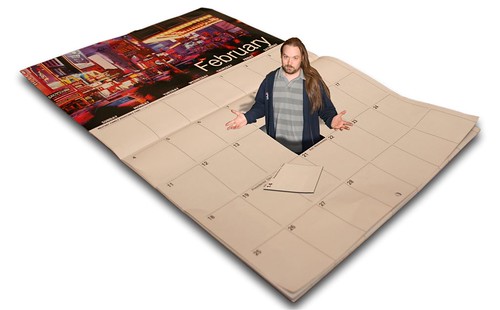 Chris Harbeck and I will be guests tomorrow morning on the Richard Cloutier Reports show at our local radio station, CJOB.
Chris Harbeck and I will be guests tomorrow morning on the Richard Cloutier Reports show at our local radio station, CJOB.
The topic is "What are our kids doing online?" but I can see us talking about adults as well as how some sites are changing the way we connect socially, personally, and professionally at all ages.
You can listen live, streamed over the internet, but we'd rather have folks participate in the chat room we've created or via twitter. We're using the hash tag #cjob.
Chris has a much more detailed post up than I do. Head over there and check it out.
Hope to see you online and on the radio. ;-) The fun starts at about 9am central time in North America.
- 3/30/2009 11:11:00 pm
- 0 Comments




